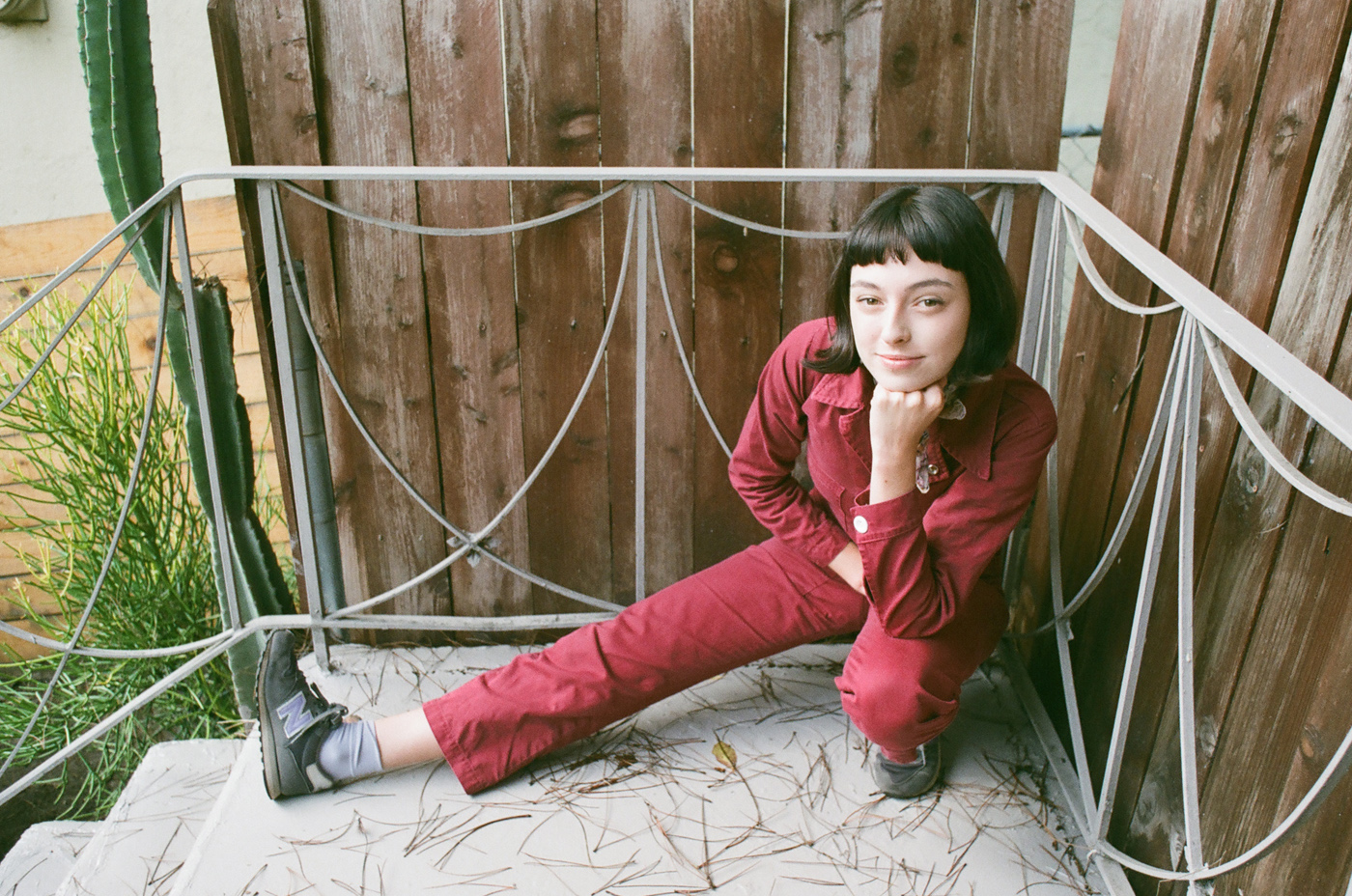
For as long as art and social commentary have coexisted, so has the role of comic relief; when the going gets tough, the humor gets going. From Shakespeare to John Oliver, progressive culture relies on comedy to gain a better understanding of our world and to ultimately cope with that newfound knowledge. Or, in the case of the incredibly outspoken Australian musician Stella Donnelly — whose writing concentrates on critiquing social issues and confronting misogyny — to make her career emotionally sustainable.
“It’s a tactic to have a long career in music — without having a meltdown and wanting to quit, and never get on stage again,” Donnelly says. “It can be quite harrowing revisiting those moments, but when there’s a bit of comic relief, it just softens that a little bit.”
Using humor as a healthy coping mechanism runs in Donnelly’s blood. When unable to secure a teaching job, her dad moonlighted as a standup comedian in order to fill his free time, outside of being a stay at home parent. “He’s definitely influenced me, I think, just in using humor to connect with people, and using humor to create a comfortable environment for people to exist in,” Donnelly says. “I feel like humor is an amazing tool for education, as well.” Songs from Donnelly’s debut full-length album, Beware of the Dogs (2019), employ this method of social education, by criticizing societal convention in the same breath as cracking a joke.

“I think it’s always been a tactic of mine to make people laugh so that they can let their guard down,” Donnelly says. “It makes it easier for me to perform, as well. When I have to perform songs that talk about rape and sexual assault, and things that have affected me in my life… To be able to disarm me and the audience, prior to that and after that [is important].”
“Boys Will Be Boys,” the song for which Donnelly is perhaps best recognized by, arrived just before accusations were lodged against Harvey Weinstein, and the #MeToo movement was quickly ushered in. The song details a friend’s experience with sexual assault, and the harrowing aftermath. Unfortunately, when major social movement takes off, token bystanders are often forced to bear the burden of fronting the issue within their social and familial circles. Whether it’s a person of color defending Black Lives Matter, someone of the LGTBQ+ community combating discrimination or a sexual assault survivor voicing their extremity against the patriarchy — it’s exhausting to be cornered into a monumental and burdensome role.
Yet, fans and critics alike have proceeded to label “Boys Will Be Boys” as a feminist protest anthem, proclaiming Donnelly as a pugnacious social justice warrior. But, at the end of the day, she’s simply an artist inscribing the corruption and brutality that we all currently face.
“It’’s really important that I’m not the spokesperson for these issues, because, as a privileged white girl, I fucking don’t even know the quarter of it,” Donnelly says. “I can’t speak for all women; I can’t speak for male victims of sexual assault. There are so many people that I can’t speak for, or that I will never try to speak for.”
There’s a difference between having the privilege and carrying privileged, which is an important distinction that Donnelly makes when speaking out on issues. And while the singer-songwriter is grateful to be given the opportunity to speak her mind, Donnelly is conscious of the potentiality of her posture. “I want to use my platform, while I still have it, and talk about these things,” Donnelly says. “I absolutely did work hard for this. … But at the same time, there are so many people out there who can do what I do … but haven’t been given those opportunities, purely based on prejudice”
Donnelly best captures this sentiment with the album’s title track, “Beware of the Dogs.” The vehement thesis magnifies the cultural and environmental destruction of Australia, at the capable hand of its own government. “There’s no Parliament worthy of this country’s side / All these pious fucks taking from the ‘99 / Now we’ll all endure what the sign told us we would / Beware of the dogs, beware of the dogs,” Donnelly shouts, waxing her frustration.
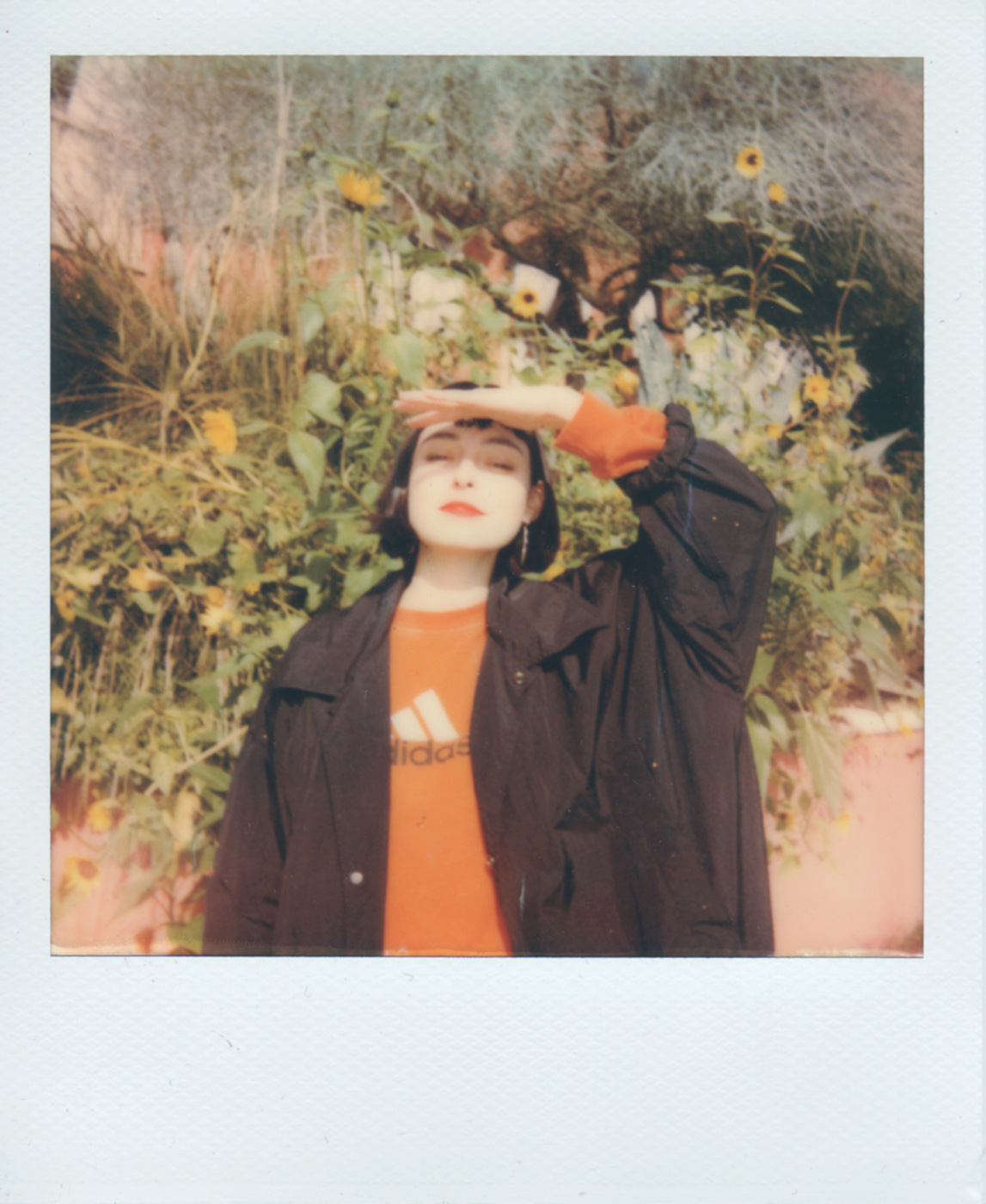
Australia’s most recent bushfire season ramped up in June 2019, as several serious fires quickly turned into hundreds — some of which are still burning — primarily in the country’s southeast. The scope of the damage is catastrophic: millions of acres of land burned, homes and businesses destroyed, sustained injuries and death, endangered animals are driven to extinction, hazardous air quality, sinking tourism revenues and millions of tons of CO₂ emissions. And while some factors of this disaster are uncontrollable, white Australians and colonizers have been ignoring Indigenous Australians’ deep knowledge of their land, for hundreds of years. Donnelly believes that the government needs to learn about Australia’s biological history, in partnership with taking reformative action against cataclysmic climate change.
“I think a lot of Australians are looking at themselves, and looking at what they could do, and how they can adjust — but we need the support of our government. We need those big companies to start paying taxes, and to start looking at the future,” Donnelly says.
While the bushfires are a localized issue, the takeaways from Beware of the Dogs can be applied globally. Despite numerous incredibly specific references to Australian cultures — such as pints of VB, the Kyle and Jackie O show and Southern Cross tattoos — the universality of Donnelly’s writing falls on perceptive ears; her tours throughout the U.S., across Europe and even Japan have successfully conveyed her sociopolitical commentary. People from every corner of the world are simultaneously attempting to mitigate the dire effects of political upheaval, climate change, and humanitarian inequalities, all of which are lamented and satirized in Donnelly’s songwriting.
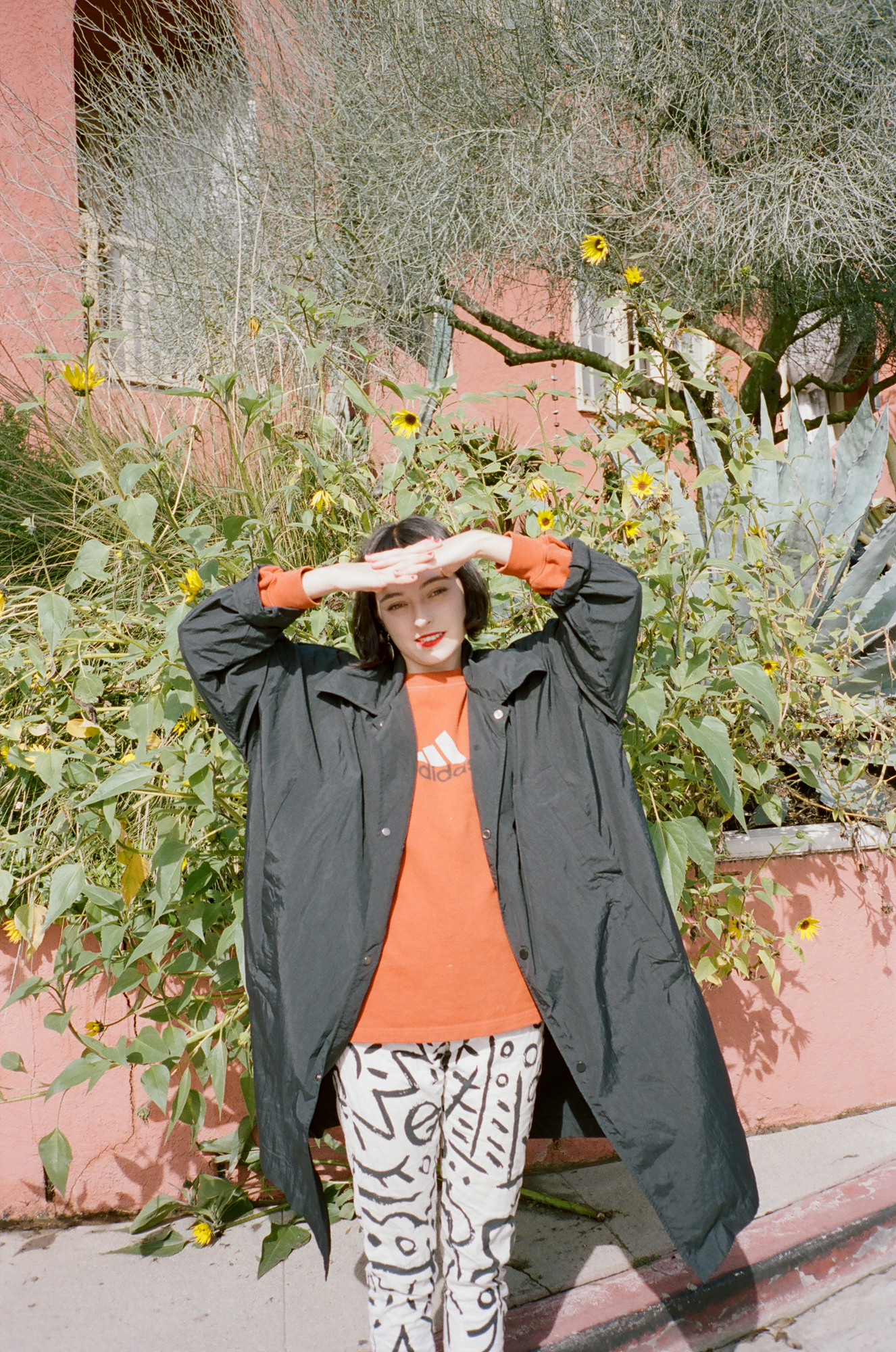
Being this outspoken isn’t always easy, though. “Women will be the first to be accused of being dramatic, whereas men get called amazing storytellers,” Donnelly says. Whether employing hyperbolic elements in a fictional character’s narrative, or plainly recounting a trauma, Donnelly ultimately aims to create work that resonates with listeners’ experiences.
While playing her final set for Laneway — Australia’s indie-rock touring festival — Donnelly struggled with performing “Boys Will Be Boys” for a carefree audience basking in the sunset. “People are having the best time, and I’m like, fuck, talk about a party starter,” Donnelly says. “Like, I’m just going to go up and sing this song now that people probably don’t want to hear, and I don’t particularly want to play this. It’s almost like, read the room, bitch. … But it always surprises me that people just stay and sing along, and hug each other and cry — dudes hug their friends.”
Despite having only an EP and album under her belt, as a solo artist, Donnelly has already established an imperishable ethos that sometimes takes musicians decades to build. The singer-songwriter’s candor leaves no room for the grey area; audiences at Donnelly’s shows know exactly what they’re getting into. But Donnelly doesn’t feel pigeonholed as a #MeToo spokesperson, or to any particular sound.
“Whatever I write next may not sound like whatever I wrote last time, and people may hate that, but it’s so important to nurture that and follow that track,” Donnelly says. “And it’s better to be going down a track, than just standing at a dead end, not going anywhere.”
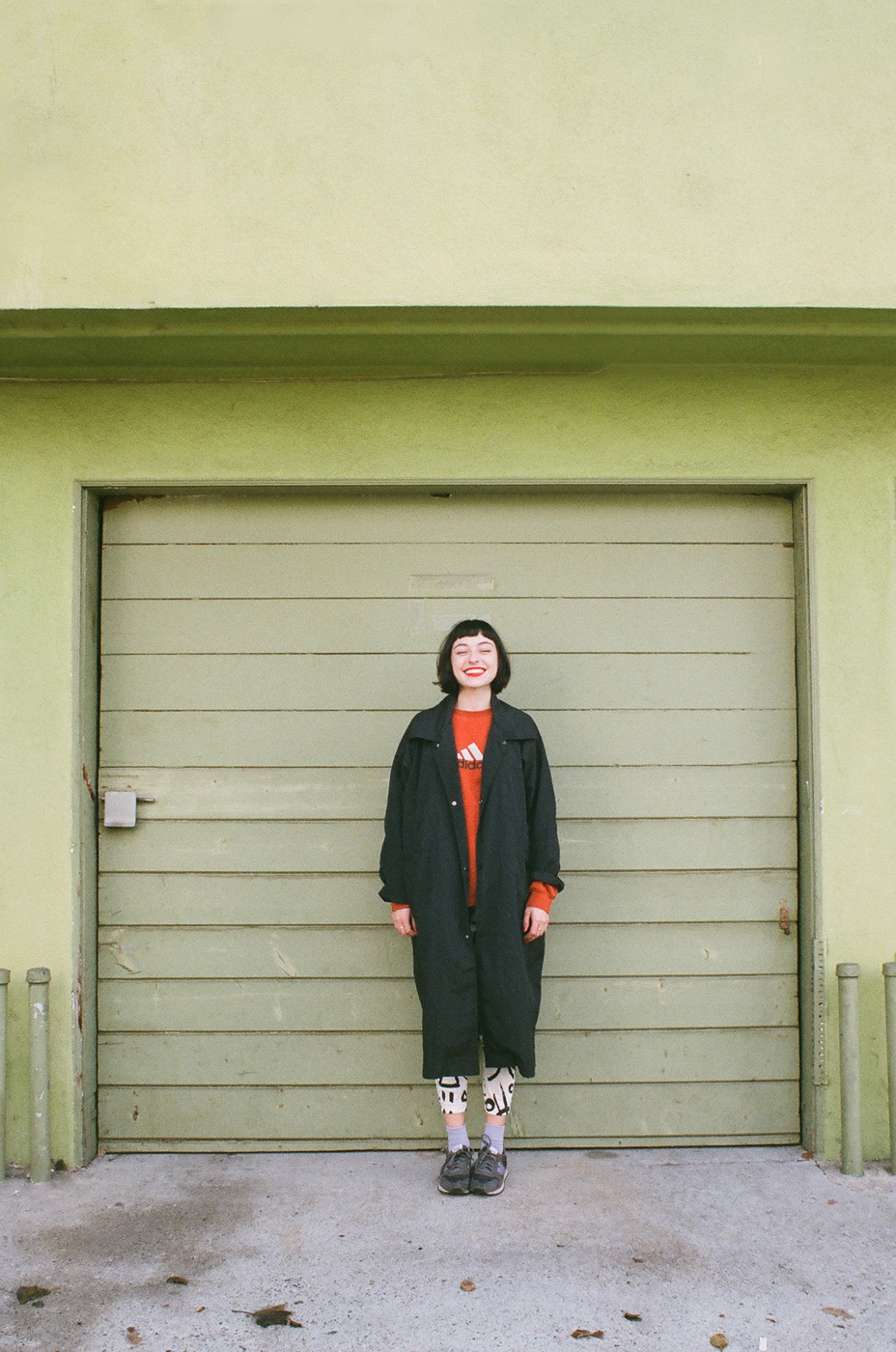
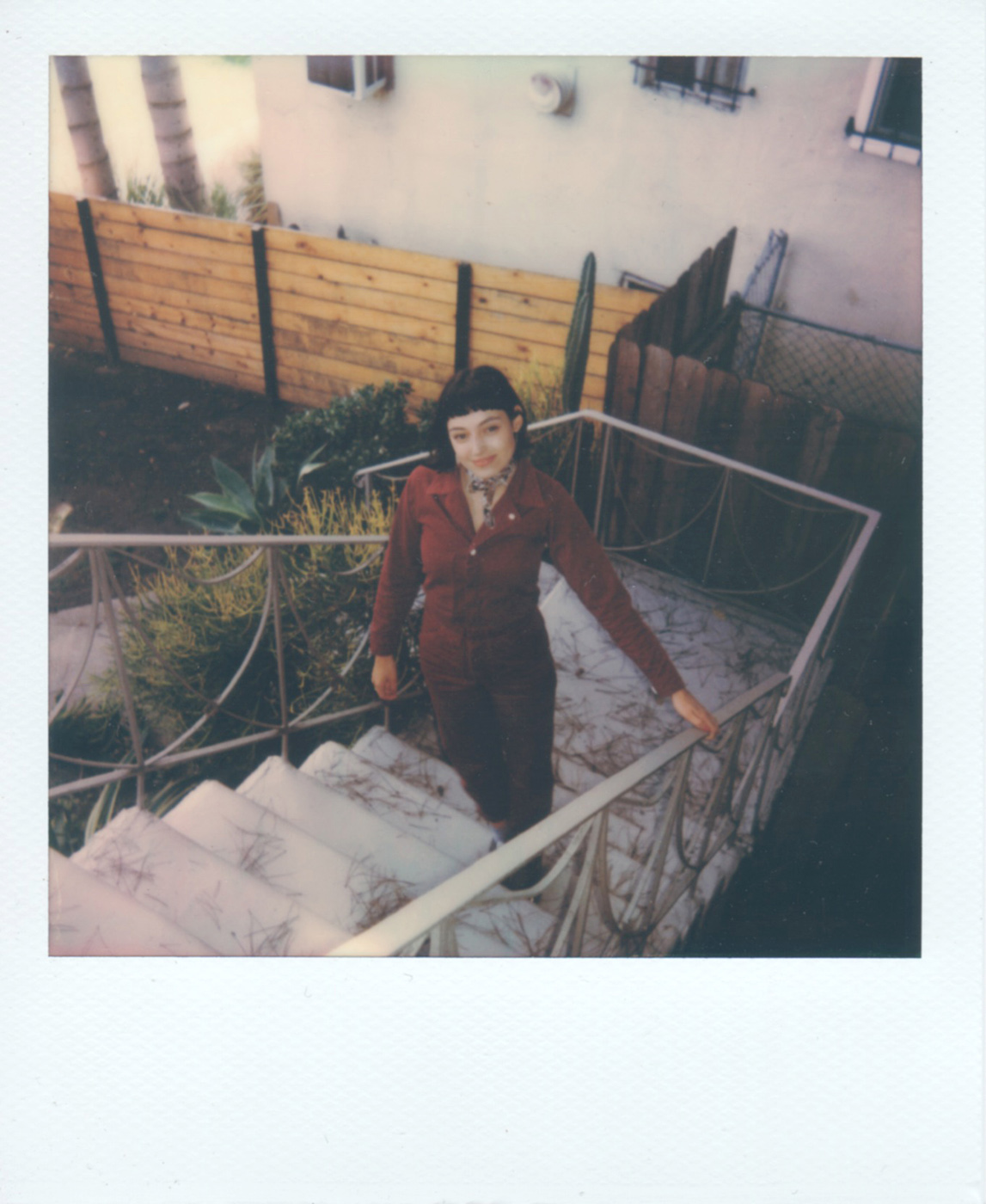
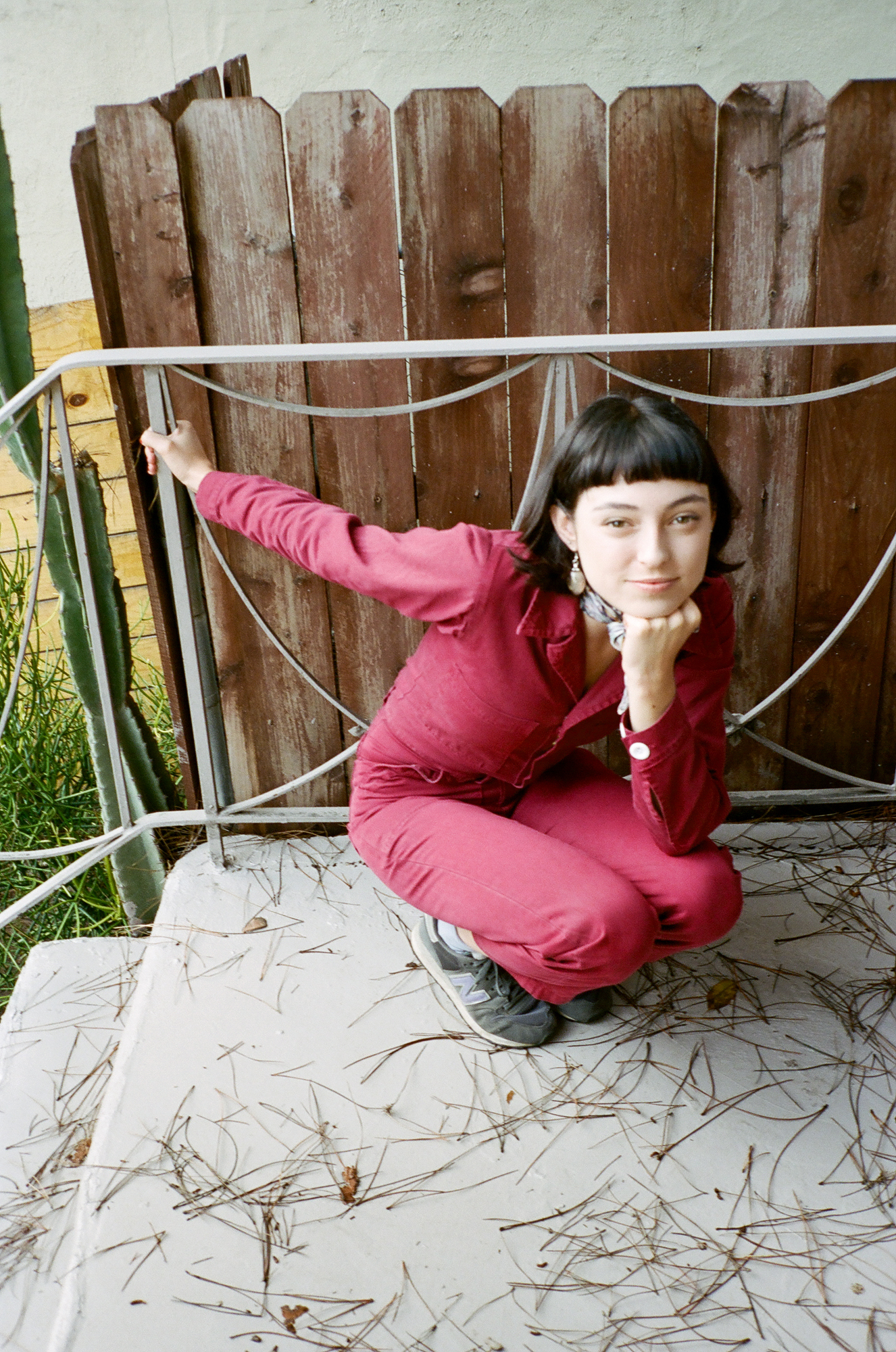
CONNECT WITH STELLA DONNELLY
INSTAGRAM / FACEBOOK / SPOTIFY
photos / Kristy Benjamin
story / Kristy Guilbault
